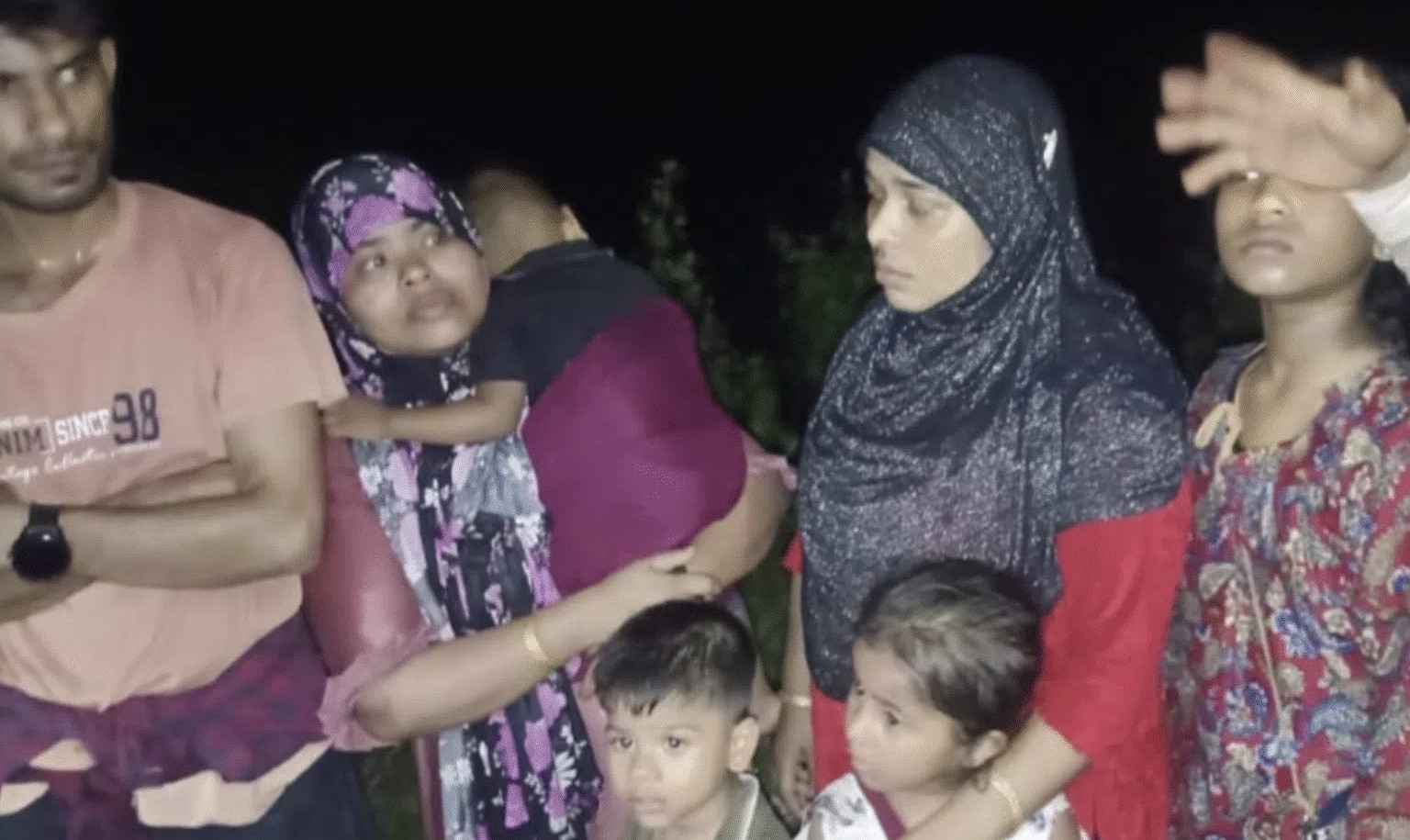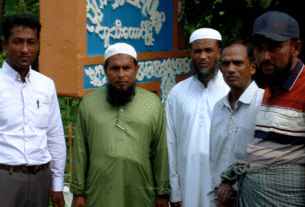Hyderabad — Leaders of the Bharatiya Janata Party (BJP), India’s ruling party, have demanded the closure of the Darul Uloom Naumania School, affiliated with the historic Jamia Husseinia Mosque in Sultanpur. They allege that the school is operating illegally and shelters Rohingya refugees—claims that have fueled controversy and heightened sectarian tensions in the city.
The school’s administrator, Maulana Akbar, has rejected the allegations, insisting that all students are residents of Telangana State. He argues that the accusations are a pretext to seize part of the mosque’s land, which covers about 1,000 square yards.
According to Clarion India, tensions escalated after an act of vandalism against a religious stone last April, which triggered an intensified BJP campaign against the mosque and its school.
Local residents say the mosque has served the community for generations and fear it is being unfairly targeted. However, BJP leaders led by Ramakrishna Reddy maintain that the school is unlicensed and must be shut down.
Legal experts and human rights advocates have urged an impartial inquiry, warning against the political exploitation of historic mosques and religious schools. Telangana police have not yet commented.
The dispute comes amid broader pressure on Rohingya in India. Authorities continue to pursue refugees and those assisting them, as New Delhi does not recognize Rohingya as refugees despite their UNHCR documentation, and India is not a signatory to the 1951 Refugee Convention.
More than a million Rohingya fled Myanmar’s Rakhine (Arakan) State following the Myanmar military’s 2017 genocide campaign. Since November 2023, the Arakan Army, a Buddhist ethnic armed group, has launched a new military campaign to seize control of Rakhine, subjecting Rohingya communities to further violence, displacement, and forced recruitment. Most now remain confined in overcrowded camps in Bangladesh, while others seek safety in countries such as India in search of better living conditions.




